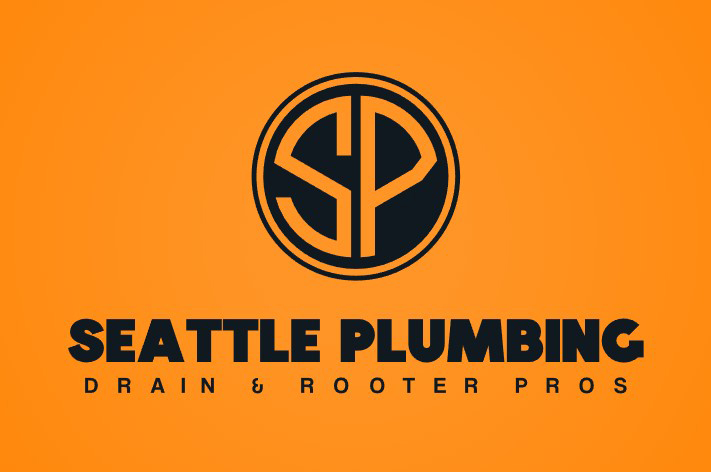Our Plumbing Pros Will Help Break Down The Main Differences Between Standard and Tankless Water Heaters
A standard water heater and a tankless water heater are two different types of systems used for heating water in residential and commercial settings. The main differences between the two lie in their design, functionality, energy efficiency, and overall convenience. The master plumbers from Seattle Plumbing, Drain and Rooter Pros have installed thousands of water heaters for property owners throughout the Pacific Northwest, here are their top tips to understand the difference.
 Comparing Tankless vs Standard Water Heaters
Comparing Tankless vs Standard Water Heaters
Design: A standard water heater, also known as a storage-tank water heater, consists of a large tank that stores and heats a predetermined amount of water. In contrast, a tankless water heater, as the name suggests, does not have a storage tank. Instead, it heats water on-demand as it passes through the unit.
Functionality: Standard water heaters maintain a reservoir of hot water at a constant temperature, ready for use whenever needed. When hot water is used, cold water enters the tank to be heated. In contrast, tankless water heaters heat water instantaneously as it flows through the unit. This means that tankless systems provide a continuous supply of hot water without the need to wait for a tank to refill and reheat.
Most Standard Water Heaters Last Between 8-15 Years Depending on the Brand and Expected Usage
Some Key Advantages of Installing a Tankless Water Heater
Energy Efficiency: Tankless water heaters are generally more energy-efficient than standard water heaters. Since they only heat water as it is needed, they eliminate the energy losses associated with storing hot water in a tank. In contrast, standard water heaters continuously use energy to maintain the temperature of the stored water, even when it’s not being used. This makes tankless water heaters more environmentally friendly and can result in energy savings over time.
Convenience: Tankless water heaters offer greater convenience in terms of space and maintenance. They are typically smaller and can be wall-mounted, saving valuable floor space. Additionally, tankless systems tend to have a longer lifespan compared to standard water heaters. They also require less maintenance since there is no risk of tank corrosion or sediment buildup, which can affect the performance and efficiency of standard water heaters.
Overall, while standard water heaters provide a reservoir of hot water, tankless water heaters offer energy efficiency, endless hot water supply, space savings, and reduced maintenance requirements. The choice between the two depends on factors such as household size, hot water demand, energy consumption goals, and upfront cost considerations.



